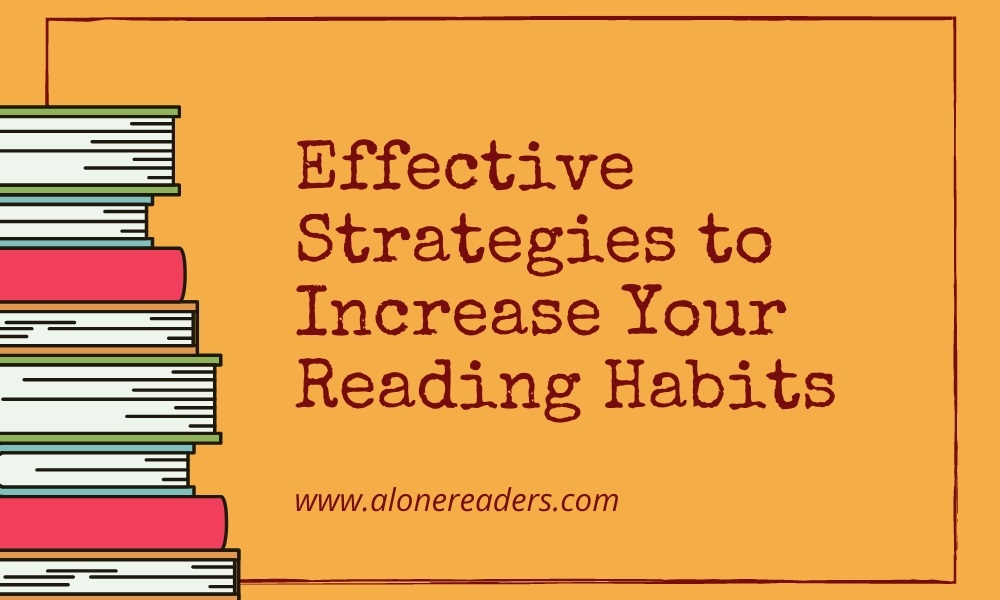
In today's fast-paced world, finding time to read can often seem like a challenge. However, reading remains one of the most enriching and beneficial habits you can cultivate. It expands your knowledge, improves your concentration, and can even reduce stress. If you're looking to incorporate more reading into your daily routine, here are some effective tips and tricks to help you achieve that goal.
The first step to reading more is to set clear, achievable goals. Decide how many books you want to read in a month or a year and break that down into manageable targets. This could be as simple as setting a goal to read a certain number of pages or chapters each day. By setting these small, daily goals, you make your larger reading ambitions feel more attainable.
Another crucial tip is to always have a book on hand. In our digital age, it's easy to get distracted by our phones and other devices. Carrying a book with you, whether in physical or digital form, means you can turn to it instead of your smartphone during downtimes, like while commuting, waiting in line, or even during lunch breaks. E-books and audiobooks are particularly convenient for integrating reading into your daily life, as they can be accessed on various devices anytime, anywhere.
Creating a conducive reading environment can also significantly enhance your reading experience. Find a quiet, comfortable spot in your home that is dedicated to reading. This could be a cozy chair in a corner or a specific spot on your couch. Make sure there is good lighting to avoid straining your eyes. A dedicated reading space not only makes the act of reading more enjoyable but also helps in establishing a routine.
It's also important to diversify your reading. Sometimes, sticking to one genre or type of book can lead to boredom or a reading slump. Try mixing things up by alternating between fiction and non-fiction, or by exploring different genres and authors. This not only makes your reading list more exciting but also broadens your perspective and exposes you to new ideas and cultures.
Prioritizing reading before bed instead of screen time is another effective strategy. The blue light emitted by screens can interfere with your sleep quality. In contrast, reading a book is a calming activity that can help you unwind and improve your sleep. Establish a bedtime reading routine to help you relax and make reading an integral part of your day.
Joining a book club or reading group can also motivate you to read more. Book clubs not only provide a social component to reading but also encourage you to finish books so you can participate in discussions. They can also expose you to books that you might not have chosen yourself, thereby expanding your literary horizons.
Time management plays a crucial role in increasing your reading time. Look at your daily schedule and identify times when you could be reading. This might mean reducing the time spent on activities like watching TV or browsing social media. Even reallocating just 15 to 30 minutes a day to reading can make a big difference over time.
Setting challenges for yourself can also be motivating. Many readers enjoy using platforms like Goodreads to set annual reading challenges. These challenges can be a fun way to track your progress and push yourself to read more. Additionally, seeing others participate and share their progress can inspire you to keep up with your own reading goals.
If you struggle with finding books that captivate your interest, consider asking for recommendations from friends or searching for online reviews. Libraries and bookstores often have staff picks or new arrival sections that can offer some exciting options. Additionally, literary podcasts and blogs are great resources for finding recommendations and reviews.
Reading shouldn't be a chore; it should be something you look forward to. Therefore, if a book isn't holding your interest, it's perfectly okay to put it down and pick up something else. Reading for pleasure should be enjoyable, not a task you feel obligated to complete.
For those who want to delve deeper into books, taking notes or journaling about what you read can enrich your experience. This is particularly useful for non-fiction books, as it helps you retain and process the information better. You can use a notebook or digital tools to jot down interesting ideas, quotes, or your own reflections on the book.
Lastly, integrating technology can enhance your reading experience. Use apps and tools that help you organize your reading list and track your progress. Some apps also allow you to adjust the format of e-books or listen to audiobooks at different speeds, making reading more accessible and tailored to your needs.
By incorporating these strategies into your routine, you can significantly increase your reading quantity and quality. Remember, the key to reading more is not just about speeding through as many books as possible, but about enjoying the journey of exploration and discovery that each new book offers.